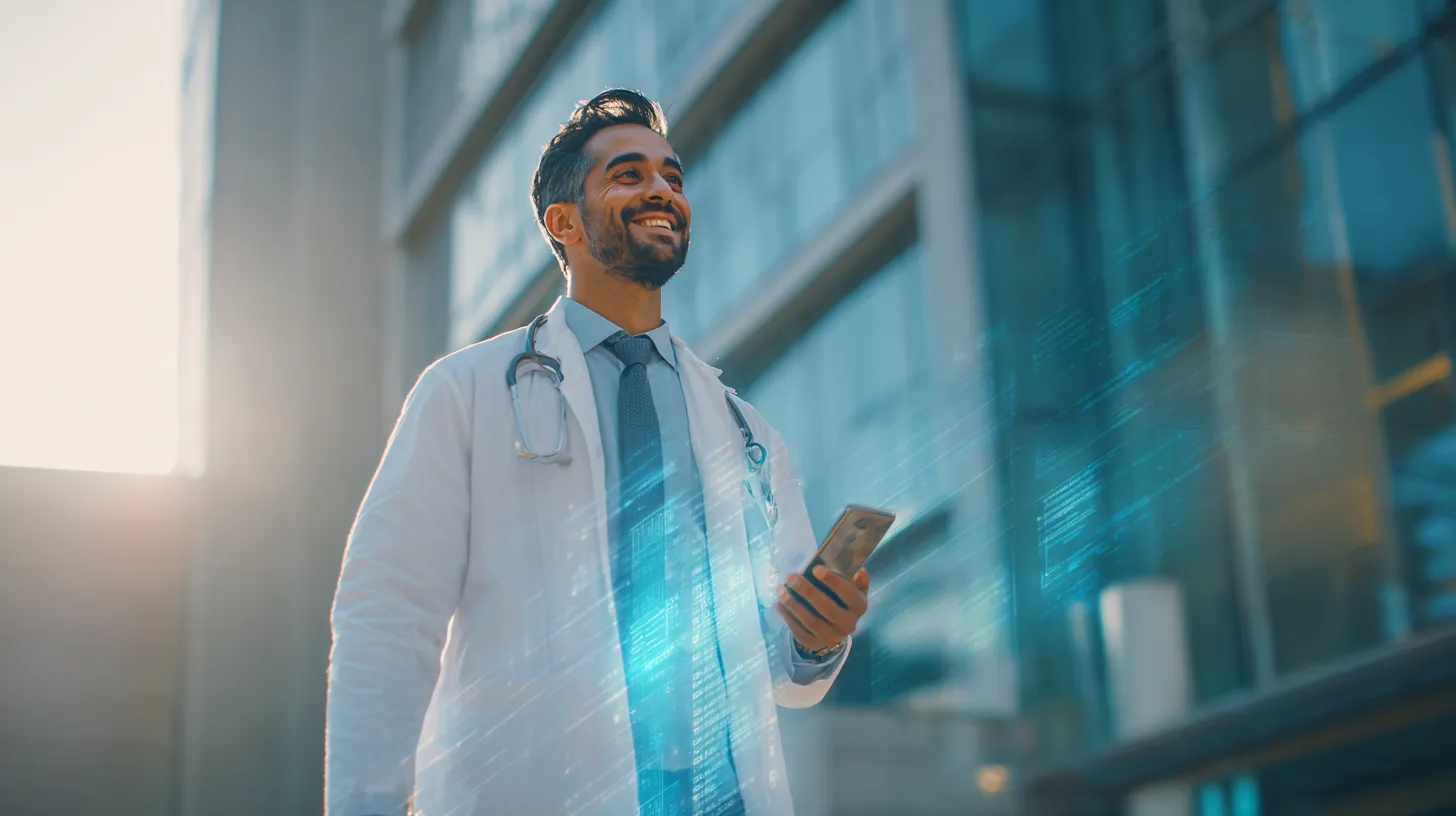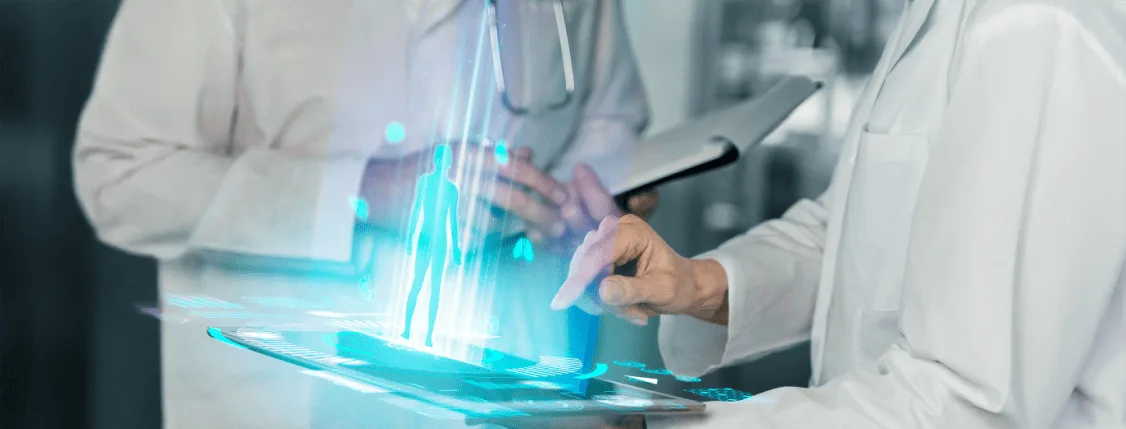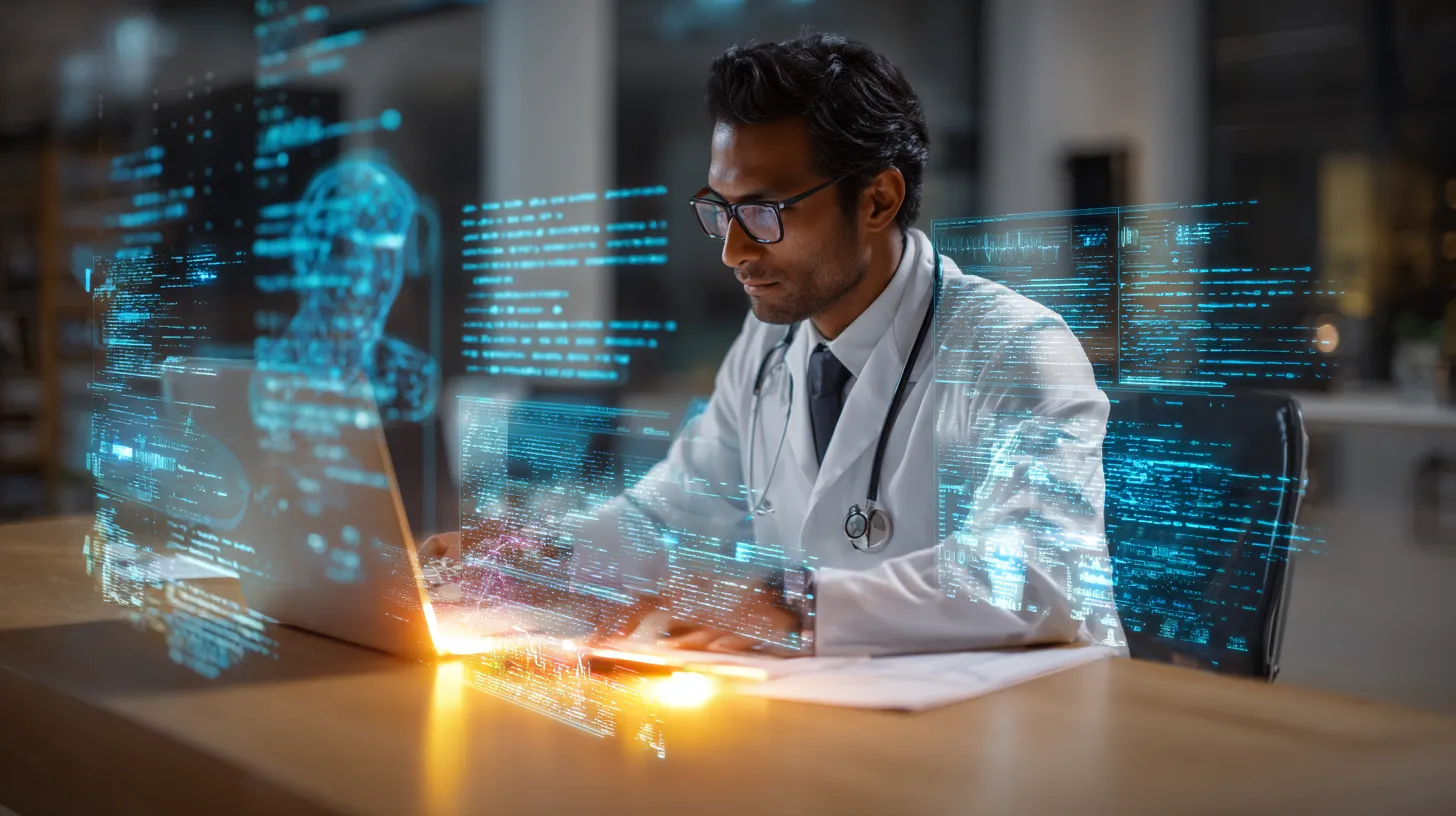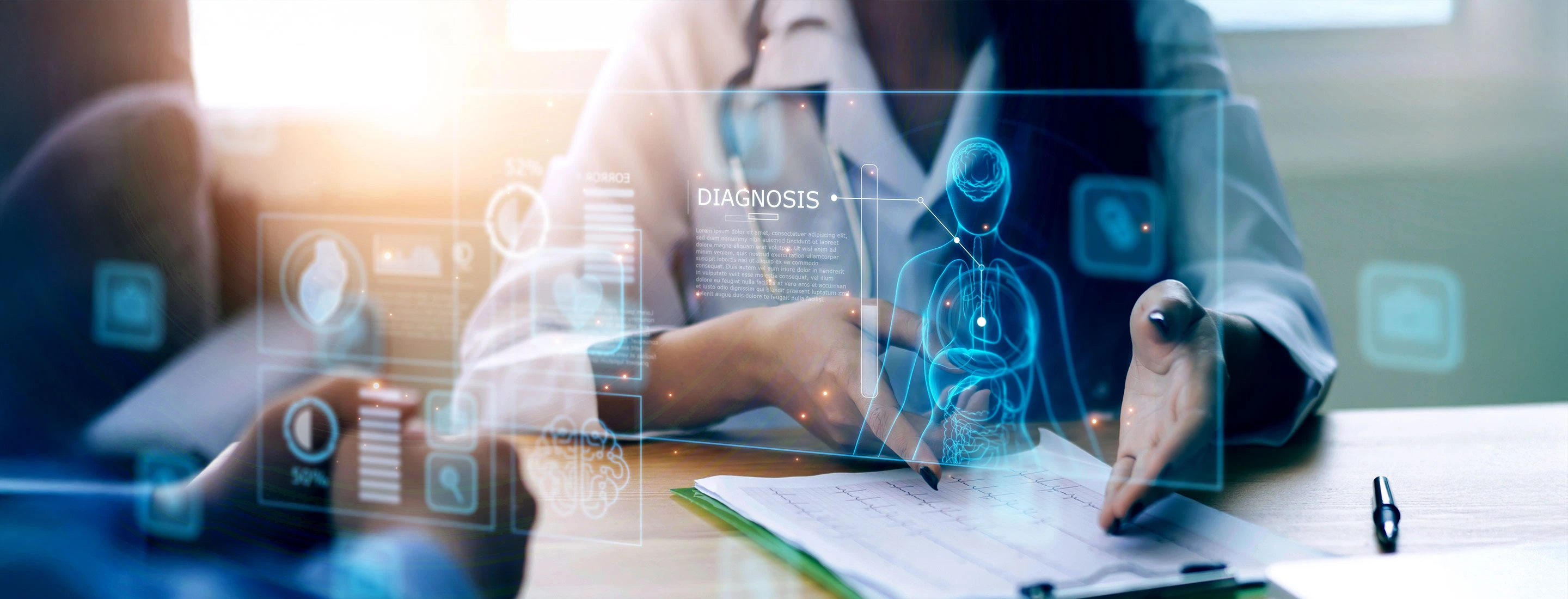
Revolutionizing Medical Documentation: How Generative AI is Transforming SOAP Notes Creation
Revolutionizing Medical Documentation: How Generative AI is Transforming SOAP Notes Creation
Featured Image


With the increasing demands on healthcare providers, an automated SOAP notes solution emerges as a crucial innovation to alleviate the administrative burden on physicians. Automation in healthcare is not a new concept, but its application in generating SOAP notes is a transformative step forward.
The Significance of Automated SOAP Notes
Physicians often spend a considerable amount of time typing up notes, which could otherwise be spent on patient care. An automated system for SOAP notes helps in streamlining the documentation process, reducing errors, and saving precious time. It allows healthcare providers to focus on what they do best — caring for patients.
The Benefits of Automation
Automation brings several advantages to the table. It enhances accuracy by minimizing manual errors. It also ensures consistency in the documentation, making it easier for different healthcare providers to understand the patient's journey. Additionally, it can lead to cost savings by reducing the time spent on clerical work, which can then be allocated to patient care or other critical tasks.
The Automation Journey: From Speech to SOAP
The journey of automation begins with speech recognition technology, which allows physicians to dictate their notes. The AI then converts this speech into text. The true innovation lies in the next step — using generative AI to organize this text into the structured format of SOAP notes. This process involves natural language processing (NLP) algorithms that can understand medical terminology and context to accurately categorize information into the Subjective, Objective, Assessment, and Plan sections.
Enabling Better Care Through AI
The ripple effect of this automation is profound. With a reduced documentation burden, physicians can spend more time with their patients, leading to better care outcomes. They can listen more attentively, engage in thorough examinations, and formulate more personalized care plans. Additionally, quicker documentation means that patient information is available in real-time, enabling swift clinical decisions.
Conclusion
In conclusion, the generative AI-powered automation of SOAP notes represents a milestone in healthcare technology. It not only holds the promise of reducing the clerical load on physicians but also paves the way for more efficient, patient-centered care. As the technology continues to evolve, we can anticipate a future where the focus shifts back from keyboards to patients, redefining the landscape of healthcare documentation and delivery. With AI in their arsenal, physicians are better equipped to face the challenges of modern healthcare, ensuring that they can provide the best care possible to their patients.
Related Resources


AI Scribes 2.0: Going Beyond Transcription

Providers get reimbursed for all the services rendered with 85% increase in claim approval by Co-piloting with explainable AI scribe.
Ready to unlock
clinical productivity through AI?
Experience the future of clinical documentation and coding. Request a personalized demo and see how Reteta can help your team reclaim time, reduce burnout, and improve care.
